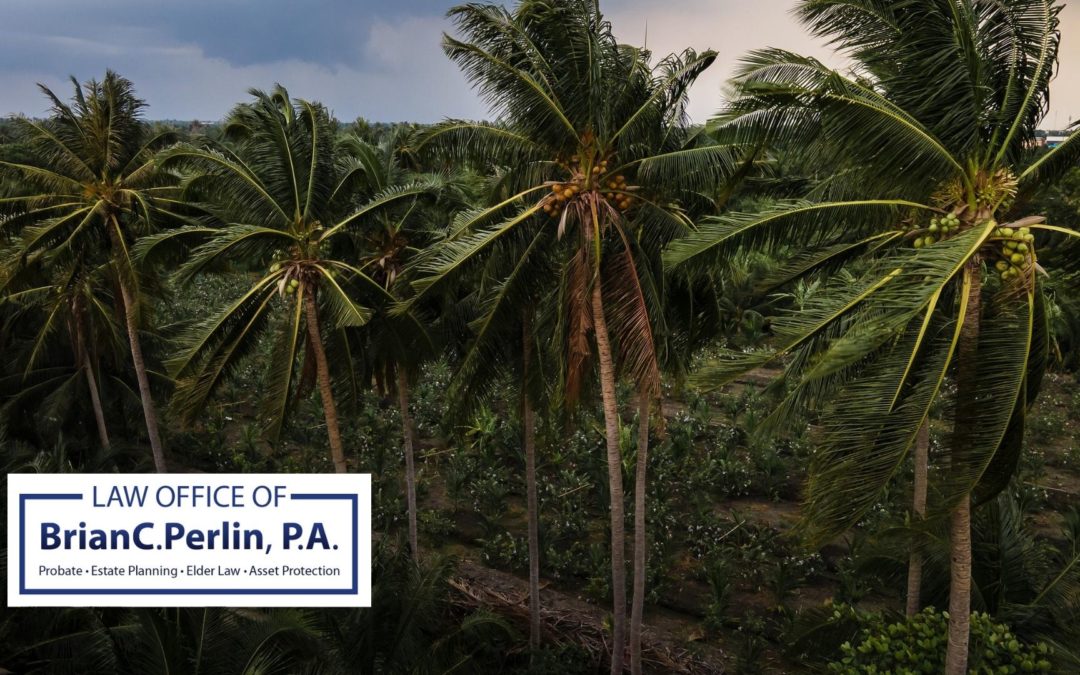Do you remember when Hurricane Isaias ravaged the East Coast in early August? It reportedly left at least five people dead. It also left countless injured and millions of people from North Carolina to New England without power, in the middle of a global pandemic. Even after all of this, the Atlantic hurricane season is just getting started.
In its August update, the National Oceanic and Atmospheric Administration, or NOAA, called for 19-25 named storms, those with winds of at least 39 mph. Of those, NOAA predicted that seven to 11 would become hurricanes, or storms with minimum wind speeds of 74 mph. The agency also anticipated that there would be three to six major hurricanes, with wind speeds topping 111 mph.
There is no guarantee that any or all of these storms will develop, or make landfall in the United States, by the time hurricane season ends on November 30. Even so, the grim prediction begs a question for seniors. How do you prepare for a hurricane during the COVID-19 pandemic?
Being prepared can play an important role in weathering hurricane season. You may be unable to prepare for an emergency if you are not aware of potential or impending threats. Make sure you have access to weather alerts and local and regional advisories. You can do so by:
- Signing up for free emergency alerts through your local government.
- Investing in a battery-powered radio or downloading the Red Cross Emergency App.
- Learning about the different types of weather advisories and how to respond.
- Knowing the signs of an impending storm so you can take shelter or evacuate even if you do not receive an official alert.
It is also recommended that you have a “go bag,” or “go-kit.” This is a bag or bags that you pack with essentials well before any weather advisories or evacuation orders are issued. It can typically include:
- Water
- Canned or premade food
- Basic medical supplies
- A flashlight
- A radio
- Spare batteries
Some of the other things you may want to keep handy if you have to leave home in a hurry may include chargers for your mobile devices and any prescription medications.
Even if you live in a coastal area and you have been through storm evacuation before, be aware that the process may be different because of the pandemic. Keep up with local news reports and government alerts so you know where to go if you cannot shelter with family or friends.
If you live in an area where you usually shelter in place, keep in mind that the COVID-19 pandemic may make it harder to stockpile supplies. Try to avoid waiting until the last minute to try to find food, batteries, generators, and other items you may need. Make an effort to remember that you may also need extra COVID-19 supplies such as masks and cleaning supplies, too.
In the meantime, if you have questions or concerns about your legal rights and obligations before, during or after a natural disaster, we are happy to help. Simply call our law firm to schedule an appointment today.
